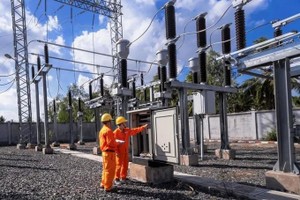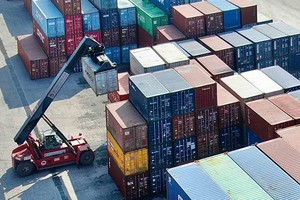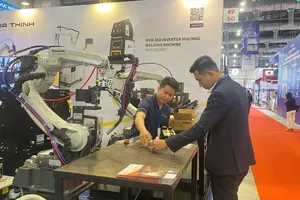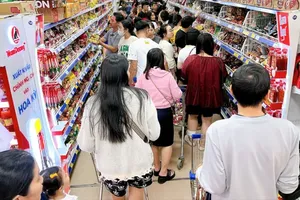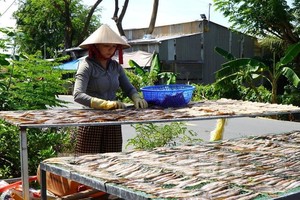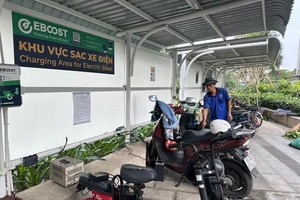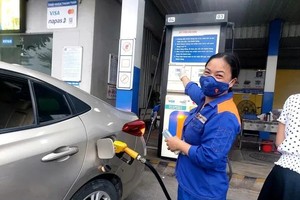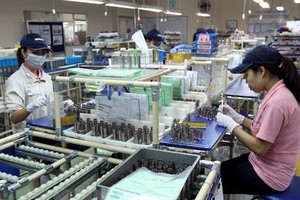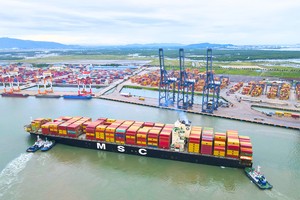The Vietnam Business Council for Sustainable Development coordinated with the Ministry of Agriculture and Environment to organize the workshop to disseminate regulations on product and packaging recycling responsibilities and waste collection and treatment responsibilities of manufacturers and importers.
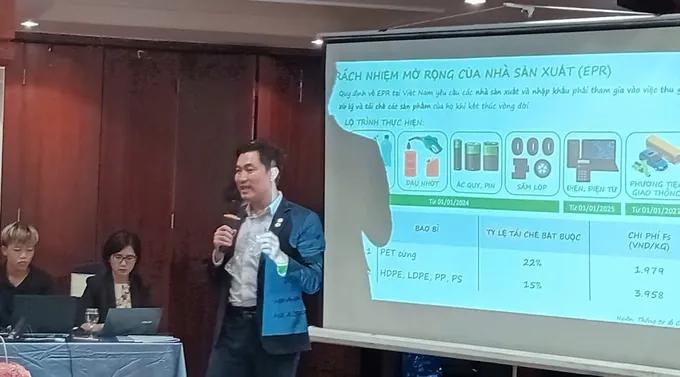
At the workshop, Vice President Vo Tan Thanh of the Vietnam Federation of Commerce and Industry said that Extended Producer Responsibility (EPR) was formally incorporated into Vietnam’s legal framework through the Law on Environmental Protection in 2020.
However, implementation remains challenging due to several factors that inadequate collection and recycling infrastructure, underdeveloped official systems, and the complexity of managing informal networks.
Additional obstacles include high recycling costs, limited domestic demand for recycled materials, and ambiguous legal guidelines that leave businesses uncertain about how to comply. The lack of robust monitoring mechanisms, enforcement capabilities, and public communication also hampers effective execution, he said.
Director Pham Truc Thanh of Sustainable Development at Heineken Vietnam emphasized that EPR is a key policy for advancing a circular economy. Nonetheless, he acknowledged persistent difficulties, particularly the absence of efficient collection systems and state-of-the-art recycling technologies. Addressing these gaps requires coordinated efforts in policy development to enhance collection rates, prevent resource loss, and support closed-loop recycling systems.
Director Le Anh of Sustainable Development at Duy Tan Plastic Recycling noted that Duy Tan is the first enterprise in Vietnam to adopt the “bottle-to-bottle” recycling technology from Austria. This process involves transforming used plastic bottles into plastic granules for the production of new bottles. The facility currently operates with a processing capacity of 60,000 tons per year. However, Le Anh emphasized that the company faces a significant challenge due to the ineffective waste segregation at source in Vietnam. As a result, Duy Tan must invest additional resources in sorting waste prior to recycling.
Director Nguyen Tien Huy of the Office of Business for Sustainable Development shared that following the workshop, the office—serving as a member of the editorial team drafting the EPR decree—will consolidate feedback collected during the event. This input will be used to collaborate with the Ministry of Agriculture and Environment to refine the draft decree.
Additionally, the office plans to organize practical initiatives to strengthen communication, provide training, and build capacity for EPR implementation. These efforts aim to reduce carbon emissions, promote circular economy practices, and support the business community in advancing sustainable operations.









